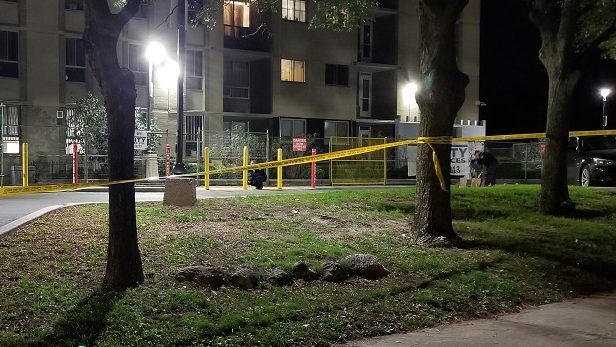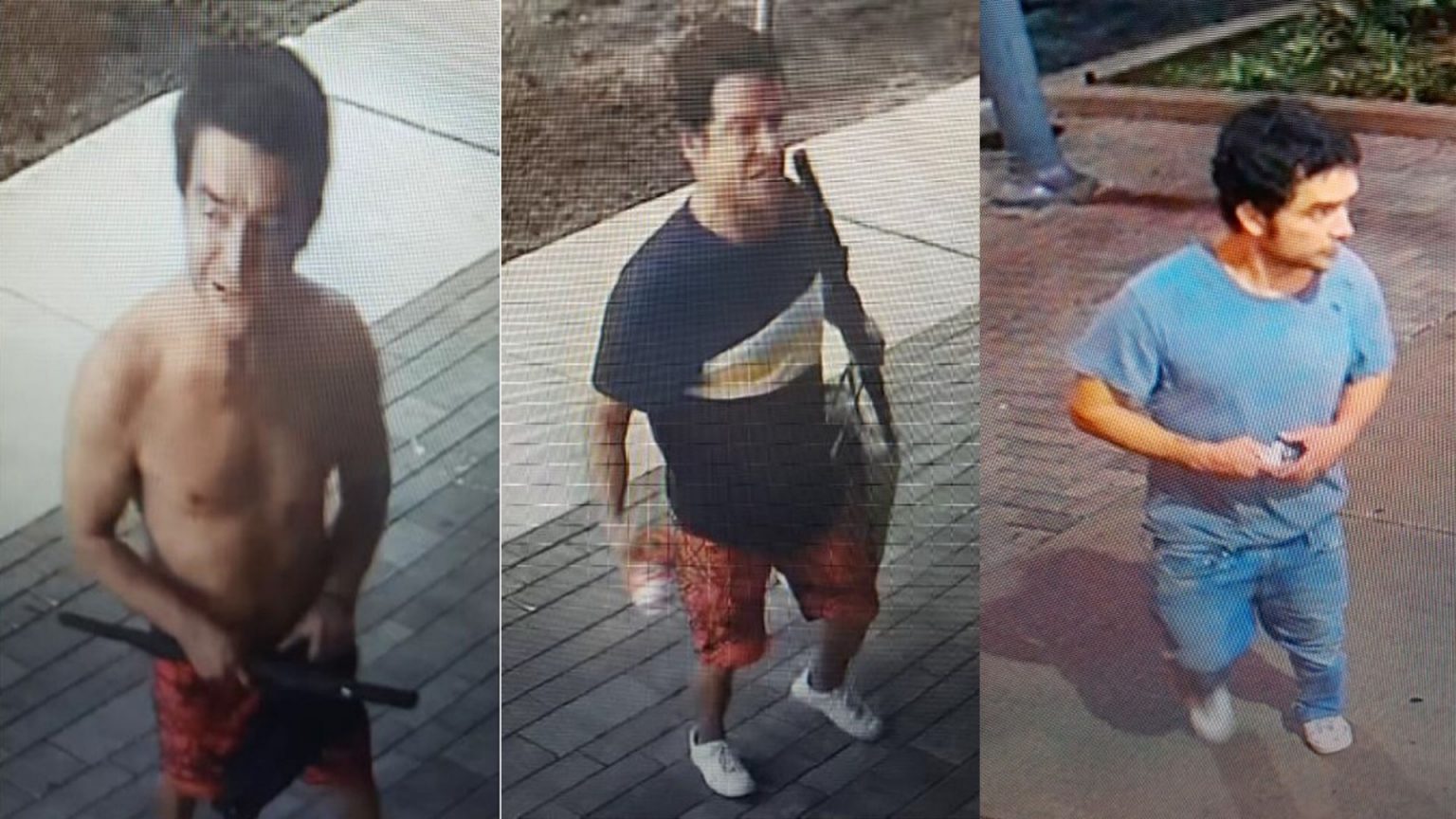A notorious Haitian gang known for brazen kidnappings and killings was accused by police Sunday of abducting 17 missionaries from a U.S.-based organization. Five children were believed to be among those kidnapped, including a Canadian.
The 400 Mawozo gang kidnapped the group in Ganthier, a community that lies east of the capital of Port-au-Prince, Haitian police inspector Frantz Champagne told The Associated Press. The gang was blamed for kidnapping five priests and two nuns earlier this year in Haiti.
The gang, whose name roughly translates to 400 “inexperienced men,” controls the Croix-des-Bouquets area that includes Ganthier, where they carry out kidnappings and carjackings and extort business owners, according to authorities.
Ohio-based Christian Aid Ministries said the kidnapped group consisted of 16 U.S. citizens and one Canadian, for a total of five children, seven women and five men. The organization said they were on a trip to visit an orphanage.
Global Affairs Canada said Sunday it was aware of media reports that a Canadian citizen had been kidnapped in Haiti.
“Canadian government officials in Haiti are working with local authorities,” Global Affairs said in an emailed statement.
“The Government of Canada’s first priority is always the safety and security of its citizens. Due to the provisions of the Privacy Act, no further information can be disclosed.”
Ohio-based Christian Aid Ministries said the kidnapped group consisted of 16 U.S. citizens and one Canadian, for a total of five children, seven women and five men. The organization said they were on a trip to visit an orphanage.
“Join us in praying for those who are being held hostage, the kidnappers and the families, friends and churches of those affected,” Christian Aid Ministries said in a statement. “As an organization, we commit this situation to God and trust Him to see us through.”
Haiti is once again struggling with a spike in gang-related kidnappings that had diminished in recent months, after President Jovenel Moise was fatally shot at his private residence on July 7 and a 7.2-magnitude earthquake killed more than 2,200 people in August.
Nearly a year ago, Haitian police issued a wanted poster for the gang’s alleged leader, Wilson Joseph, on charges including murder, attempted murder, kidnapping, auto theft and the hijacking of trucks carrying goods. He goes by the nickname “Lanmo Sanjou,” which means “death doesn’t know which day it’s coming.”
Joseph, who could not be immediately reached for comment, has posted videos detailing the alleged crimes the gang has committed in recent years.
Once, when the gang opened fire on a small bus carrying several passengers and killed an infant, Wilson said it was not their fault because the bus driver refused to stop. In a more recent video, he appears holding a bottle of alcohol surrounded by heavily armed men. Another video from June shows people inside a church fleeing as gunfire erupted outside on a Saturday morning. The gang was accused of raiding the area and setting cars on fire.
A senior U.S. official, speaking on condition of anonymity, said the United States is in touch with Haitian authorities to try to resolve the case.
Christian Aid Ministries came under public scrutiny in 2019, when one of the group’s former workers based in Haiti was convicted of felony sexual abuse against minors in Ohio. Jeriah Mast, 40, is serving a nine-year sentence in an Ohio prison. During the hearing, the judge said Mast told him that he also molested at least 30 boys in Haiti in the span of about 15 years, according to The Daily Record newspaper in Ohio.
Amid the spike in kidnappings, gangs have demanded ransoms ranging from a couple of hundred dollars to more than $1 million, according to authorities.
Last month, a deacon was killed in front of a church in the capital of Port-au-Prince and his wife kidnapped, one of dozens of people who have been abducted in recent months.
At least 328 kidnappings were reported to Haiti’s National Police in the first eight months of 2021, compared with a total of 234 for all of 2020, according to a report issued last month by the United Nations Integrated Office in Haiti known as BINUH.
Gangs have been accused of kidnapping schoolchildren, doctors, police officers, busloads of passengers and others as they grow more powerful. In April, a man who claimed to be the gang leader of the 400 Mawozo told a radio station that they were the ones responsible for kidnapping five priests, two nuns and three relatives of one of the priests that month. They were later released.
The spike in kidnappings and gang-related violence has forced Haitians to take detours around certain gang-controlled areas while others simply opt to stay home, which in turn means less money for people like Charles Pierre, a moto taxi driver in Port-au-Prince who has several children to feed.
“People are not going out in the streets,” he said. “We cannot find people to transport.”
A protest is scheduled for Monday to decry the nation’s lack of security.
“Political turmoil, the surge in gang violence, deteriorating socioeconomic conditions _ including food insecurity and malnutrition _ all contribute to the worsening of the humanitarian situation,” BINUH said in its report. “An overstretched and under-resourced police force alone cannot address the security ills of Haiti.”
On Friday, the U.N. Security Council voted unanimously to extend the U.N. political mission in Haiti.
The kidnapping of the missionaries comes just days after high-level U.S. officials visited Haiti and promised more resources for Haiti’s National Police, including another $15 million to help reduce gang violence, which this year has displaced thousands of Haitians who now live in temporary shelters in increasingly unhygienic conditions.
Among those who met with Haiti’s police chief was Uzra Zeya, U.S. under secretary of state for civilian security, democracy, and human rights.
“Dismantling violent gangs is vital to Haitian stability and citizen security,” she recently tweeted.









